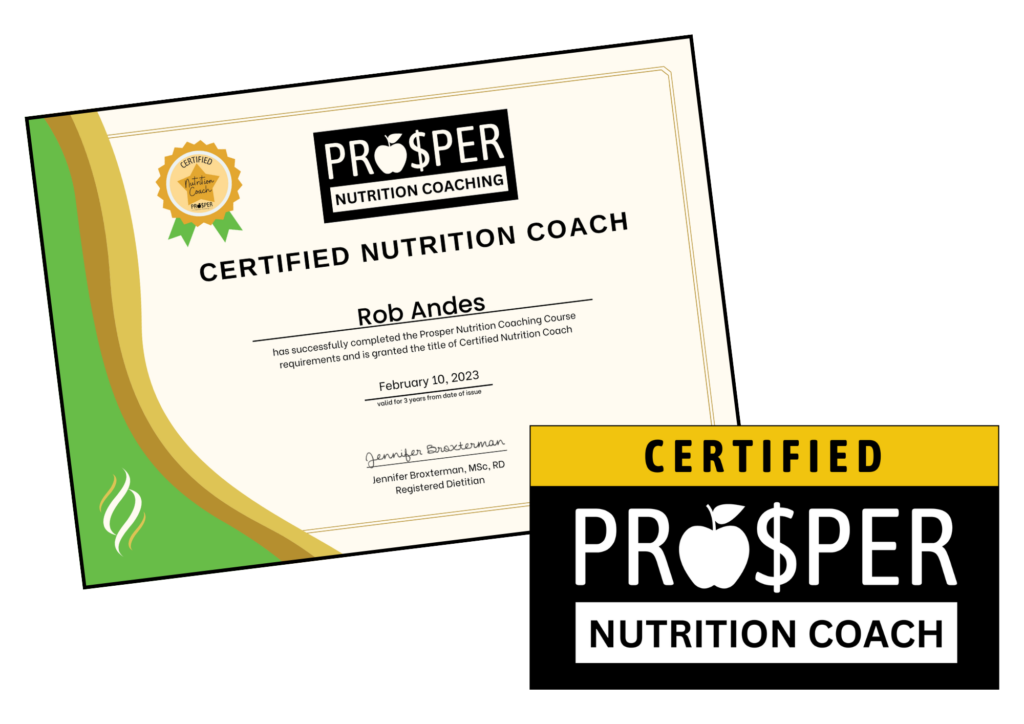

How to Feel Energized & Productive All Day Long (Part 1)
Ever had one of those days where 2 pm rolls around and you are ready to take a nap under your desk?
I don’t think anyone enjoys feeling sluggish, tired and ready for bed almost immediately after the alarm clock goes off. It’s never fun to feel like you’re dragging yourself through the work day, climbing an uphill mountain of fatigue and exhaustion.
If this currently sounds like you, there are a few nutrition and lifestyle factors that you can play with to help increase your energy and productivity levels throughout the day (without having to resort to that 3rd cup of coffee!).
How to Boost Your Energy Levels
1. Practice Good Sleep Habits

Getting enough sleep has SO many benefits. Not only do you have more energy, you have better focus, you perform better, and you regulate your emotions better. Although most scientists agree that humans need about 7-9 hours of sleep per day, many people sleep less than 7 hours. Small amounts of sleep deprivation can have many negative impacts on our health, productivity, mood and brain capacity. That being said, life happens and sometimes it isn’t possible to get your full 8 hours…your child gets sick, you have to travel for work, etc. Plan ahead so you can make up the missed sleep the next night and if possible, include a nap. Aim to nap for a maximum of 45 minutes in the early afternoon to avoid sleep inertia and to reduce the interference with your normal sleep schedule.
Here’s the bottom line: do what you need to get enough sleep. I know you that you are busy and there doesn’t seem to be enough time in the day, but think about it this way – would you rather be working at 90-100% for 7-8 hours or at 50-60% for a few more?
2. Exercise in the Morning
Exercising is a great way to keep yourself feeling more energized and less fatigued throughout the day. Get at least half an hour of moderate to vigorous physical activity to get the best results. Can’t make time in the morning? Take advantage of your company’s gym at work during lunchtime or get out for a brisk 10-minute walk during your break. Even a little bit of physical activity can boost your energy levels and focus during the day. As a bonus, getting outside in the fresh air and sunlight go a long way in helping us stay energized and alert.
3. Get Outside (Expose Yourself to More Natural Light)

If you are constantly exposed to artificial light, you may be messing with your melatonin cycle. Being exposed to natural light helps our body better regulate the hormone melatonin. Melatonin is usually released about 2 hours before we sleep and helps us feel drowsy, helping us drift off into a peaceful sleep. It tapers off as the night progresses to allow us to wake in the morning and feel alert. Get outside as much as you can during the day and try to stay away from artificial light later in the evening.
Working all day? Here are some strategies to help you regulate your sleep cycle:
- Let plenty of light into your bedroom in the morning
- Let as much natural light into your office or work space as possible
- Take a walk outside on lunch break or eat outside with friends
- Dim the lighting at home a couple of hours before bed
4. Stay Hydrated

Although this probably isn’t shocking news, dehydration can significantly alter a person’s energy level, mood, and brain function. Studies show that just mild dehydration (about 1.5% water volume loss) can induce fatigue, difficulty concentrating and performing mental tasks, among others. So, the answer seems obvious right? Drink water when you are thirsty. It’s actually not as simple as that. Most people don’t experience the sensation of thirst until they have depleted 1-2% of their water volume – meaning they are probably already experiencing the mental side effects of dehydration.
Don’t wait until you are thirsty to drink water. Keep a refillable water bottle with you so you can sip throughout the day. Women should aim to consume about 2 to 3 water bottles throughout the day, while men should aim for 3 to 4. Use citrus fruit, mint, herbal tea, and berries for some added flavour!
5. Eat Slow-Digesting Carbohydrates at Regular Intervals

Did you know your brain depends on glucose (sugar) as its main source of energy? It requires a constant stream of energy from carbohydrates for optimal function. You wouldn’t drive around town on an empty tank of gas, so show your brain a little love and give it the fuel it needs. Aim to eat breakfast within 30-60 minutes of waking up and eat a whole food source of carbohydrates every 2-4 hours.
Examples of slow-digesting carbohydrates include unprocessed foods such as: slow cooking oats, quinoa, sweet potatoes, barley, buckwheat, wild / brown rice, squash, green peas, corn, etc.
Not sure what to pack for your school / work day? Here are a couple of our favourite portable whole food sources of carbs:
Breakfast: Blueberry Baked Oatmeal
Snacks: Oatmeal Pumpkin Flax Coconut Bars OR a piece of fruit + handful of nuts
Lunch: Quinoa, Veggie & Black Bean Salad
WANT MORE TIPS? FIND PART 2 HERE!
Wishing you health & happiness,
♡ Jen
Jennifer Broxterman, MSc, RD
Registered Dietitian
NutritionRx: happy, healthy living with our team of Registered Dietitians
Prosper Nutrition Coaching: a world-class nutrition coaching certification
+
+
+
Want to work with a NutritionRx Registered Dietitian?
Learn more here: Nutrition Packages & Rates
+
+
+
Want to become a Certified Nutrition Coach?
Learn more about our habits-based Prosper Nutrition Certification




